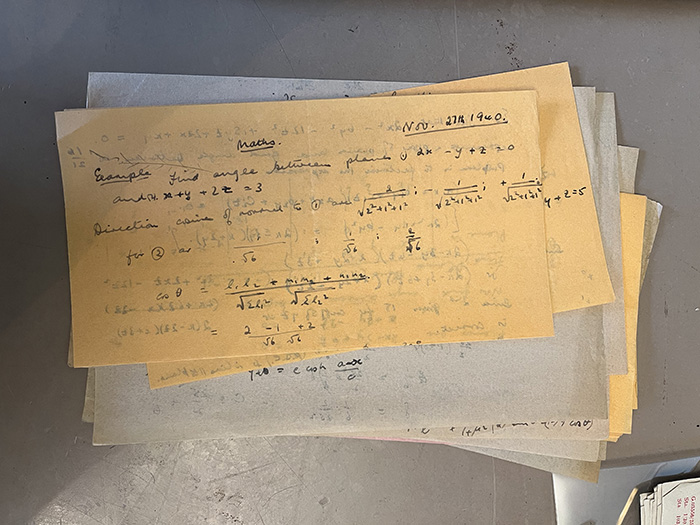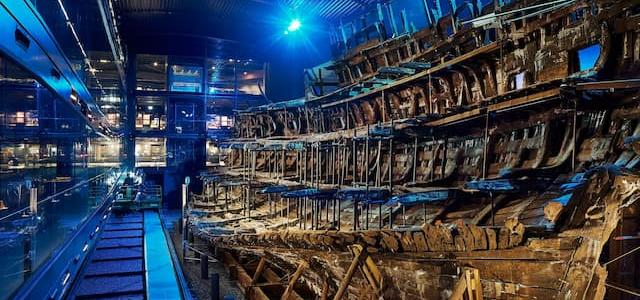
Acquisition of the Turing Delilah Papers

King’s College, Cambridge has acquired a rare archive of Alan Turing’s Second World War papers.
Unpublished evidence of Turing’s work has rarely survived. He did not usually keep his research notes, working drafts, or correspondence.
This remarkable collection of papers dating from 1943 to 1946 sheds light on some of Turing’s most inventive, secret, and overlooked work – the ‘Delilah’ project.
A portable voice encoder
Following his ground-breaking work on the Enigma machines at Bletchley Park, in 1943 Turing turned to building a portable voice encoder, code-named ‘Delilah', for short-distance transmission to be used in military operations.
With the help of electrical engineer Donald Bayley, Turing built a single prototype to digitise and encode speech. Messages could then be sent by telephone line and accurately decoded at the other end.
Simon Thurley, Chair of the National Heritage Memorial Fund, said: “The Turing papers give us a fascinating insight into the development of the ‘Delilah’ machine and into the mind and work of Alan Turing, who played a key role in the foundations of computer science and AI which continue to shape our world.”
